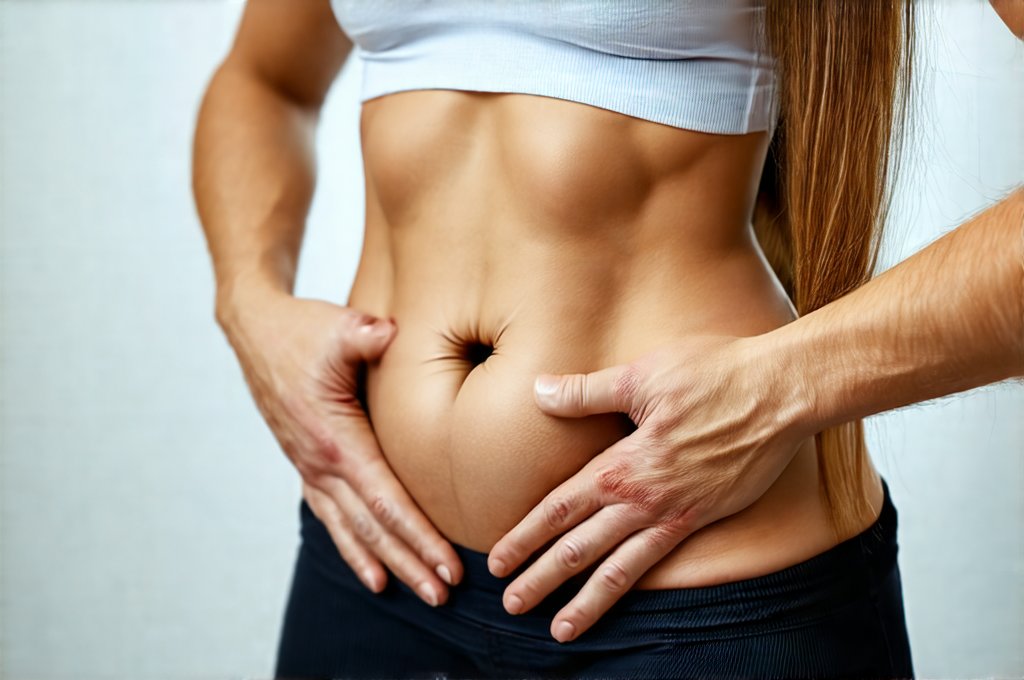The intricate connection between our physical bodies and emotional well-being is often underestimated, particularly when it comes to sexual health and self-perception. Many factors contribute to an individual’s libido and confidence levels – psychological states, relationship dynamics, societal pressures, and crucially, the physiological functioning of their body. Increasingly, research points towards a significant role played by integrated circuits (ICs) within our bodies – not literal electronic components, but rather the complex hormonal and neurological systems that govern sexual response and self-esteem. These ‘internal ICs’ are susceptible to disruption from various sources, impacting both desire and how we perceive ourselves, leading to feelings of inadequacy or disconnect. Understanding these internal mechanisms is a vital step towards fostering healthy sexuality and boosting overall confidence.
This isn’t about blaming biology for personal struggles; it’s about recognizing that our bodies communicate with us through changes in libido and self-assurance. When these systems are functioning optimally, we experience greater ease and enjoyment in intimacy, alongside a stronger sense of self-worth. However, when imbalances occur – triggered by stress, lifestyle choices, or underlying health conditions – the ‘internal IC’ can malfunction, leading to decreased desire, difficulties with arousal, body image issues, and ultimately, diminished confidence. Exploring how these internal systems operate, and identifying potential areas for support, is crucial for reclaiming sexual well-being and building a positive self-image.
The Hormonal Landscape & Libido
Hormones are the fundamental building blocks of our ‘internal IC’ when it comes to sexual function. Estrogen, testosterone (present in both men and women), progesterone, and dopamine all play critical roles. Testosterone is often immediately associated with male libido, but it’s essential for female sexual desire too, albeit at lower levels. Estrogen contributes to vaginal lubrication and overall sexual sensitivity, while dopamine acts as a key neurotransmitter linked to pleasure and reward, driving motivation for intimacy. Progesterone plays a role in regulating the menstrual cycle and can influence mood which indirectly affects libido. Disruptions in these hormonal balances – caused by stress, aging, medication side effects, or underlying health conditions – can significantly impact sexual desire.
For example, perimenopause and menopause in women often lead to declining estrogen levels, resulting in vaginal dryness, decreased sensitivity, and reduced libido. Similarly, men experiencing age-related testosterone decline may notice a decrease in their sex drive and difficulty achieving erections. However, hormonal imbalances aren’t exclusive to aging; chronic stress can elevate cortisol levels, which suppresses reproductive hormone production, leading to diminished sexual interest in both sexes. Recognizing these connections is the first step towards addressing potential hormonal contributions to low libido.
Lifestyle factors also heavily influence hormonal health. Consistent sleep deprivation, poor diet, and lack of physical activity can all disrupt hormonal balance, exacerbating existing issues or creating new ones. Prioritizing self-care – including adequate rest, a nutritious diet rich in whole foods, regular exercise, and stress management techniques – is crucial for maintaining optimal hormonal function and supporting healthy libido. Understanding how cystitis affects hydration needs can also play a role in overall well-being and hormonal balance.
The Neurological Pathways to Confidence & Desire
Libido isn’t solely a hormonal issue; the brain plays an incredibly significant role. Our neurological pathways are intricately linked to sexual arousal and our perception of self-worth. The limbic system, which includes the amygdala (responsible for emotional processing) and hippocampus (involved in memory formation), is heavily involved in generating feelings of desire and pleasure. Furthermore, the prefrontal cortex – responsible for higher-level cognitive functions like decision-making and self-awareness – influences how we interpret sexual cues and regulate our behaviors.
Confidence directly impacts these neurological pathways. When we feel good about ourselves – body image, self-esteem, emotional well-being – the brain releases dopamine and other neurochemicals associated with pleasure and reward, enhancing sexual desire and arousal. Conversely, negative self-perception can trigger anxiety and inhibit these same pathways, leading to decreased libido and difficulties enjoying intimacy. Trauma or past negative experiences can also leave lasting neurological imprints that impact sexual function and confidence levels.
The brain is remarkably plastic, meaning it can adapt and change over time. Through intentional efforts – such as therapy, mindfulness practices, positive self-talk, and cultivating healthy relationships – we can rewire our neural pathways to foster greater self-acceptance, boost confidence, and ultimately enhance sexual well-being. Considering how neck and spine alignment affects pelvic health is also vital for neurological function.
Addressing Body Image & Sexual Self-Esteem
Body image issues are a pervasive problem that significantly impacts both libido and confidence. Societal pressures and unrealistic beauty standards often contribute to negative self-perception, leading individuals to feel inadequate or ashamed of their bodies. This can create a vicious cycle where body dissatisfaction leads to anxiety during intimacy, further diminishing sexual desire and reinforcing negative self-beliefs.
- Challenge Negative Self-Talk: Actively identify and challenge critical thoughts about your body. Replace them with positive affirmations that focus on your strengths and appreciate what your body can do.
- Focus on Functionality Over Appearance: Shift the focus from aesthetic ideals to appreciating your body’s capabilities – its strength, resilience, and ability to experience pleasure.
- Seek Therapy or Counseling: A therapist can provide a safe space to explore body image concerns, address underlying trauma, and develop strategies for building self-acceptance.
It’s crucial to remember that beauty is subjective and diverse. Embracing your unique qualities – rather than striving for an unattainable ideal – is essential for cultivating positive body image and enhancing sexual self-esteem. How birth affects bladder shape can contribute to body image concerns, especially post-partum.
The Role of Stress & Mindfulness
Chronic stress is a major disruptor of both hormonal balance and neurological function, directly impacting libido and confidence. When we’re stressed, the body releases cortisol, which suppresses reproductive hormone production and inhibits dopamine release, leading to decreased desire and difficulty experiencing pleasure. Furthermore, chronic stress can contribute to anxiety and depression, further exacerbating these issues.
- Practice Mindfulness & Meditation: Regular mindfulness practice helps calm the nervous system, reduce cortisol levels, and promote emotional regulation.
- Engage in Stress-Reducing Activities: Identify activities that help you relax and de-stress – yoga, spending time in nature, listening to music, or engaging in hobbies – and incorporate them into your routine.
- Set Boundaries & Prioritize Self-Care: Learn to say no to commitments that overwhelm you, and prioritize activities that nourish your mind, body, and soul.
Developing healthy coping mechanisms for stress is crucial for maintaining optimal hormonal balance, supporting neurological function, and fostering both libido and confidence.
Reclaiming Intimacy Through Communication & Connection
Ultimately, a fulfilling sexual life isn’t just about physical sensations; it’s about emotional connection, intimacy, and mutual respect. Open and honest communication with your partner is essential for navigating challenges related to libido and body image. Creating a safe space where you can express your needs, desires, and vulnerabilities – without judgment – fosters trust and strengthens the relationship.
- Discuss Your Feelings: Share your concerns about libido or body image openly with your partner.
- Explore New Ways to Connect: Experiment with different forms of intimacy beyond intercourse, such as cuddling, massage, or shared activities that foster closeness.
- Seek Couples Therapy: A couples therapist can provide guidance and support for improving communication, resolving conflicts, and strengthening the emotional connection between partners.
Remember, sexuality is a natural and healthy part of life. Reclaiming your sexual well-being requires self-awareness, self-compassion, and a willingness to prioritize both physical and emotional intimacy. By understanding the intricate interplay between hormones, neurology, body image, stress, and communication, you can take proactive steps towards building a more fulfilling and confident sexual life. Considering how red meat affects prostate and flow is another factor to consider for overall health and well being.





















